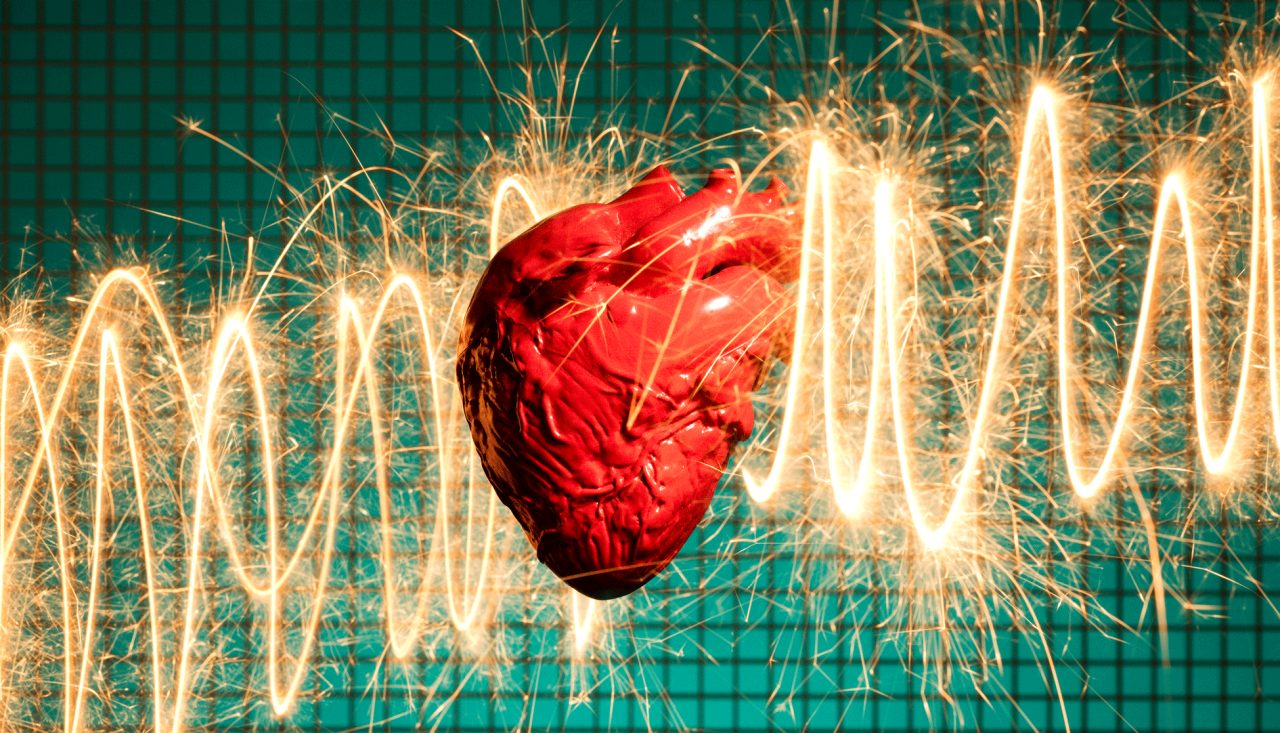What Is Heart Failure?

What is heart failure? This scary term means your heart isn’t pumping as well as it should be — not that it’s stopped completely. But you can’t reverse the damage it causes.
Heart failure doesn’t mean your heart has stopped. Medication, changes in your habits, and perhaps surgery can keep you going and enjoying your life. But heart failure is a serious illness that can’t be reversed, only managed.
YOU MIGHT ALSO LIKE: The Heart Failure Epidemic
What is heart failure?
Normally, your heart pumps blood continuously through your veins, carrying oxygen to your cells. It has four chambers, with strong muscular walls that contract in a particular rhythm. Over time, any of the muscle walls may become weaker and thinner. Usually the left side is affected first.
As the muscle weakens and pumping isn’t as strong, your cells may not get all the oxygen they need. Your body will try to make up the difference. Your heart might stretch to contract more strongly and become enlarged. It might pump faster. Your blood vessels might narrow to keep up your blood pressure, making up for the loss of power. Your body might divert blood away from certain organs like the kidneys.
Often you won’t notice symptoms for years, one good reason to see a doctor regularly. Catching heart problems early could extend your life. In one large British study, about half of the people diagnosed with heart failure for the first time were alive five years later, compared to 85 percent of the general population of the same age.
What are the symptoms of heart failure?
You may be tired, short of breath, and cough. Some people can’t climb stairs or carry groceries. You might gain weight and run into swelling into your legs and feet.
What are the types of heart failure?
Usually, the problem begins on the left side, called the left ventricle. You might have systolic failure, when the left side can’t contract normally. With diastolic failure (also called diastolic dysfunction), the left ventricle muscle has become stiff. It can’t relax normally and fill with blood during the resting period between beats.
If the right side of your heart isn’t pumping well enough, usually because of weakness on the left side, blood backs up in your veins. This is called congestive heart failure. You might have swelling, called edema, in your legs and ankles or other parts of the body. If fluid collects in your lungs, you have pulmonary edema. This makes it difficult to breathe, especially while lying down.
Your doctors might also classify you into one of four groups, based on how much your heart failure interferes with your movements.
How is heart failure treated? Smoking tobacco, eating foods high in fat and salt, not getting enough physical activity, and drinking too much alcohol all contribute to heart problems. So, you’ll need to change those habits.
Medication will depend on the type of heart failure you have. There are devices that remove excess salt and water from the blood. You may need surgery.
What are the causes of heart failure?
Usually heart failure is the outcome of an earlier heart problem.
- High blood pressure, also called hypertension, is one common risk factor. Because of the higher pressure, the heart pumps harder to keep things moving. You might have coronary artery disease, when the heart’s arteries are clogged with plaque (called atherosclerosis), and less blood reaches the heart muscle. This can lead to high blood pressure, and eventually heart failure. In a heart attack, an artery that supplies blood to your heart muscle is blocked, and part of the muscle goes without oxygen and nutrients. The damage weakens the heart’s ability to pump.
- Some people have abnormal heart valves because of a birth defect or damage from an infection. The heart valves open and close for every heartbeat. If they don’t work properly, your heart has to work harder.
- Drugs, alcohol, and viruses can damage heart muscle, causing it to stretch and thin (dilated cardiomyopathy) or thicken (hypertrophic cardiomyopathy) or become inflamed (myocarditis).
- Babies can be born with congenital heart defects that make heart work too hard to meet the needs of all the body’s cells.
- Severe lung disease forces the heart to pump harder to get available oxygen throughout your body.
- Diabetes, both type 1 and type 2, is a risk factor because it increases the chance of high blood pressure and plaque buildup.
- Obesity overburdens your heart and can damage the muscle over time. In a study of 1.6 million Swedish men who signed up for the military over decades, researchers compared their weight as young men to their heart health over up to 46 years. Compared to men who were normal weight, men who were slightly overweight at the start had a 38 percent greater risk of developing some kind of heart disease. Obese men were more than eight times as likely to develop a heart problem.
Updated:
February 22, 2021
Reviewed By:
Janet O’Dell, RN